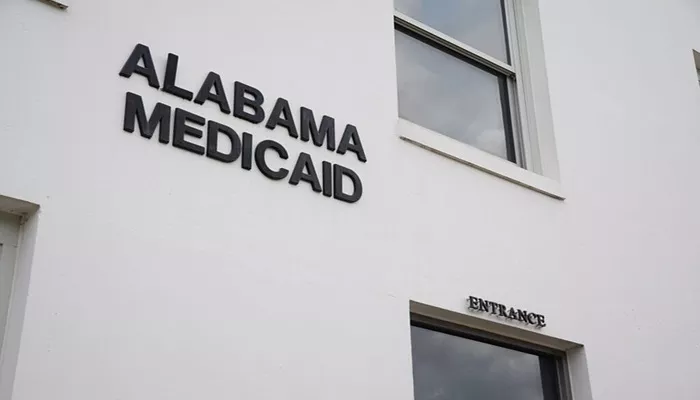Recent reporting from AL. highlights a significant dental crisis in Alabama. The state has only 41.6 dentists for every 100,000 residents, ranking it second lowest in the nation, just ahead of Arkansas. The national average stands at approximately 60 dentists per 100,000 residents.
Dr. Carson Cruise, a pediatric dentist in Florence, expressed grave concerns about access to dental care in Alabama. “The access to care in Alabama is worse than any state I’ve ever practiced in,” he stated. He noted that while Mississippi often ranks poorly in health metrics, Alabama’s situation is even more dire.
Patients in Alabama face long waits for dental procedures, with some waiting up to a year for oral surgeries. The shortage of dental providers disproportionately affects vulnerable populations, including children, people with disabilities, and rural residents. Greene and Clay Counties lack any dental providers, and 18 other counties are on the verge of losing most of their dental services due to retirements.
An August report from the Alabama Department of Public Health warned that many counties risk losing essential dental services soon.
“The oral health disease burden in Alabama presents a pressing challenge that necessitates immediate attention,” the report stated.
Dr. Cruise identified low insurance reimbursement rates from the state Medicaid agency as a major hurdle for dentists.
Rising expenses and low reimbursement rates have made it difficult for practices to remain financially viable. Despite seeing over 100 new patients each month, Cruise reported that his income has dropped by about 10% over the past three years due to rising costs.
Some dental practices have stopped accepting Medicaid altogether because they cannot afford to treat those patients. This is concerning given that over 50% of children in Alabama rely on Medicaid for their healthcare.
Dr. Cruise’s practice took four years to gain access to a hospital for surgeries requiring anesthesia, largely due to low Medicaid reimbursement rates that deter hospitals from providing such privileges.
While the Centers for Medicare and Medicaid Services have increased reimbursements for dental procedures at hospitals nationwide from $200 to $2,000 this year, Alabama remains unique as the only state without any dental coverage for adults on Medicaid. Adults over 21 must rely on private insurance or pay out-of-pocket for dental care, with pregnant women being the only exception eligible for coverage up to 60 days postpartum.
Stephen Mitchell, an associate professor at the UAB School of Dentistry, noted that adults with disabilities who cannot work often use their Social Security checks to cover dental expenses. When costs become too high, many patients skip necessary preventive care and end up needing extractions for treatable conditions.
AL.com reached out to a spokesperson for Alabama Medicaid but received no response regarding the lack of adult dental coverage.
Nearly 300,000 Alabamians lost Medicaid coverage this year after pandemic-related protections ended. This “Medicaid unwinding” will further limit access to dental care for young or pregnant individuals who might have qualified for some assistance through the program.
The situation underscores a growing need for reform in Alabama’s dental care policies to ensure all residents can access essential services.
Related topics:

